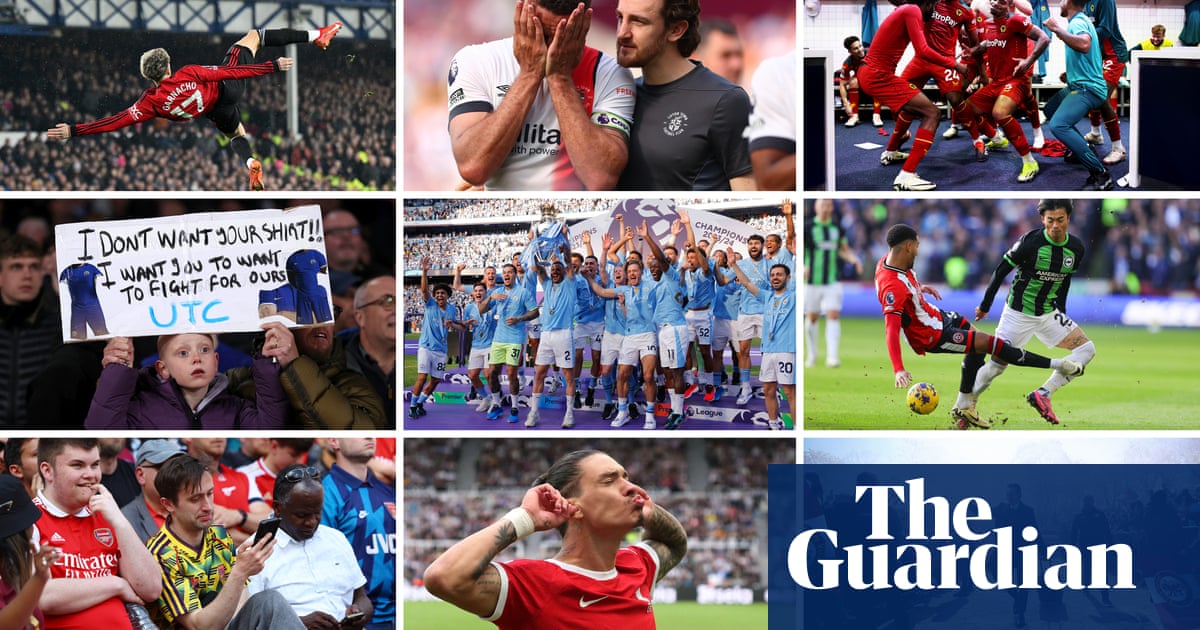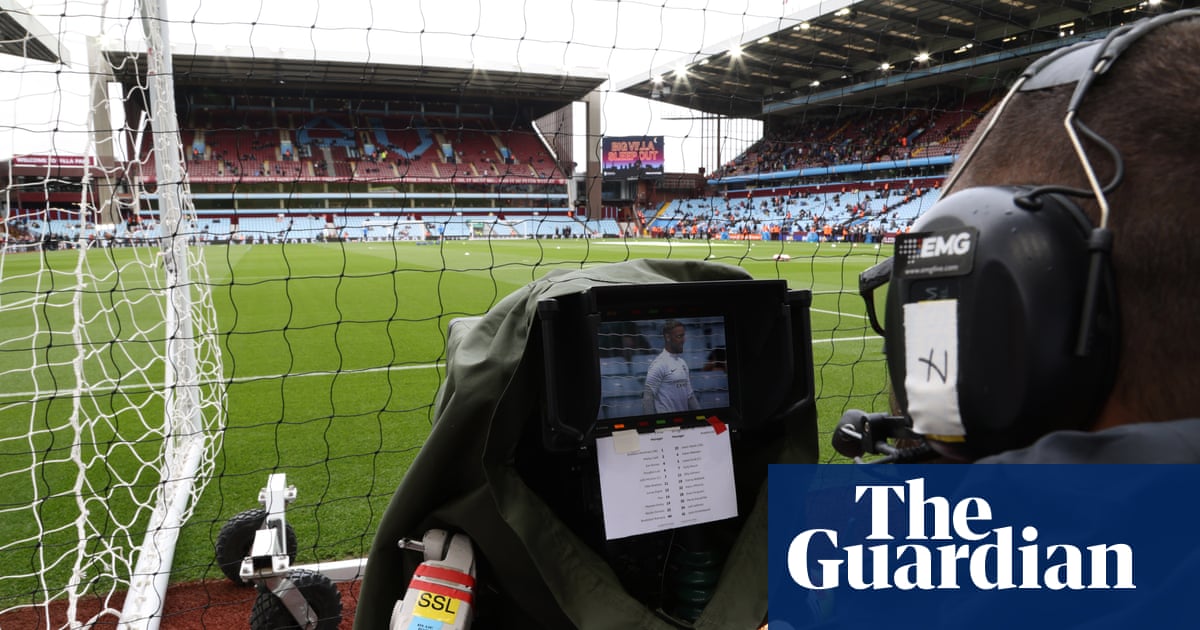
Five former Premier League stars went to Indonesia this season and their adventures have been as varied and colorful as the vast archipelago itself, with lashings of cash, recriminations, culture shock and endings as predictable as most Enid Blyton Famous Five tales. In the space of a few weeks in March and April, Michael Essien, Carlton Cole, Peter Odemwingie, Mohamed Sissoko and Didier Zokora all arrived in south-east Asia. Two have already gone, one is a hero, and the other two players find themselves somewhere in between.
For a country without much history of big-name signings, this was a change. Lee Hendrie and Marcus Bent had provided a little Premier League pedigree in the previous decade. Mario Kempes and Roger Milla were more famous but their early to mid-90s spells were fading in the memory.
In truth, Indonesian clubs have had plenty of other things to think about in recent times. In 2015, there was no league at all as Fifa banned the country from the international game because of government interference in the sport, but that almost came as a relief after years of turmoil. In 2003 the federation chief, Nurdin Halid, was imprisoned for corruption. There followed breakaway federations, leagues and national teams. When foreign players made the headlines, the stories tended to be tragic such as the death in 2012 of the Paraguayan Diego Mendieta, who was unable to afford medical bills after his club failed to pay his wages.
Indonesia’s passion for the game is undeniable but can sometimes go too far – Save our Soccer, a watchdog group, estimates that a recent fan death was the 54th football-related fatality since the mid-90s and the 36th in the past five years – and the country’s interest in the game is matched only by its impatience. Frank de Boer could spare a thought for the Austrian Hans-Peter Schaller, sacked by Bali United just two games into his new job. In Indonesia, honeymoons are for beaches, not pitches.
All imports, famous or not, had better perform from the start if they are to avoid an early exit and that is especially true at Persib Bandung. The biggest club in the country signed Cole and Essien and expectations were intense. But with the season less than a month old (and fans grumbling about the style of play from a team that were then top of the table), it was clear that Cole was not going to last long. The former West Ham forward arrived in Asia looking as fresh as a Friday afternoon commuter after a week stuck in the traffic of Indonesia’s third-biggest city. The 33-year-old spent much of his time standing in the penalty area waiting for crosses that never came. He failed to score a single goal.
Rumors soon abounded that Cole had not been wanted by the team manager, Umuh Muchtar, and that there was a battle for control being waged behind the scenes at the club owned by the Internazionale chairman, Erick Thohir. Umuh kept up his offensive, saying in May that playing with the No9 was akin to playing with 10 men and claiming that Cole had been selected for a third game – his first start for the club after two substitute appearances – only to show curious fans why the striker was not being selected.
Umuh was not the head coach, though, that was Djadjang Nurdjaman, a legend of the club who was also soon on his way out; team manager is often the more powerful position in south-east Asian clubs. Before he left, Djadjang put Cole’s and Essien’s lethargic starts down to a lack of pre-season, acclimatization and sleep. Cole’s nightmare finally ended in August after just 268 minutes of action. The former England forward, who had kept his cool when all about him were not finding his head, finally found his target on social media. “I haven’t been treated fairly but I kept my mouth shut and worked hard and kept everything professional,” he posted.
Essien is still there, better but hardly imperious. There have been touches, through-balls and the occasional assist and goal but the former Real Madrid and Chelsea midfielder has not shown the form that so endeared him to the Stamford Bridge faithful. If Essien, reportedly receiving an annual salary of about $750,000 (£10,000 a week), has not exactly excelled in Indonesia, then the same was true of Didier Zokora at Semen Padang. The midfielder did not score in three seasons with Tottenham and was not going to change that in just over three months in Sumatra. The Ivorian was released as the club struggled to pay his salary after eight matches and no goals.
There has been better news elsewhere. The former Liverpool midfielder Sissoko has impressed at Mitra Kukar, chipping in with five goals for the Borneo club. But there is no doubt as to which of the five is the happiest: Odemwingie may have been ridiculed in England for driving down to QPR on transfer deadline day in a failed attempt to secure a move from West Brom but the 36-year-old Nigerian has been driving Madura United up the table. In the first half of the season at least, he could hardly stop scoring: long-range howitzers, headers, tidy finishes and the occasional scuffed shot. He raced to 13 goals from the first 12 games.
A mixed, and expensive, bag then. But the most successful import of all could end up being Simon McMenemy. The 39-year-old manager from Aberdeen has led unfashionable Bhayangkara, owned by the country’s head policeman, to the top of the league with a third of the season remaining. Sometimes it is not all about the money and these days in football, that really would be a story.(The Gurdian)












